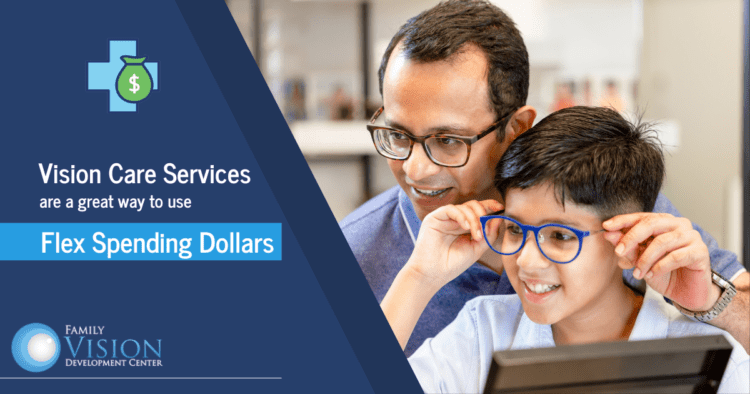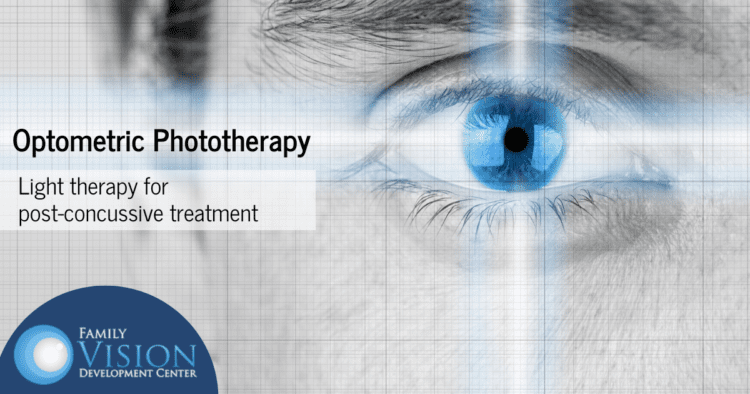

4 Clever Options to Take Advantage of Flex Spending Dollars
One popular benefit offered by many employers is the flex spending account. With this benefit, employees are allowed to contribute money, tax-free, into a type of savings account throughout the year. This money can then be used to pay for certain vision, medical or dental expenses incurred during the plan year. It can be a guessing game as to the appropriate amount to contribute each year. And you typically will lose any money saved but not spent. So, if you find that you have a surplus at this time, here are some great ways to take advantage of your account balance.
Flex Spending Expires Soon
For those not aware of their plan rules, the flex spending benefit at many companies typically requires the insured person to use their benefit before the end of the year. That is not always the case, however. For instance, some companies may offer a short grace period which would extend into the next calendar year in which to spend the funds from the account. It is always best to check with your employer to verify the exact date in order to ensure you meet the deadline.
Vision Exam
If you haven’t already had a vision exam this year this is definitely the time to do it! This is one of the most important ways to maintain healthy vision. And luckily, any co-pay or charges not already covered by insurance would be covered by a flex spending account. Even if you do not have any current symptoms of a vision problem, a comprehensive vision exam is the best way to catch and treat vision issues early on. So don’t put it off any longer. Those flex spending dollars are just waiting to be put to good use.
Upgrade your Lenses
Use your flex spending dollars to try out a new pair of designer frames, specialty lenses or even a great pair of prescription sunglasses! We have so many options in our expansive optical center for you to explore. You can try out a new frame style or trendy new color, or finally splurge for the specialty lens coatings you’ve been wanting. Take advantage of those saved dollars and treat yourself to the perfect pair of glasses. Or if you’re already happy with your glasses, it’s always a good idea to have an extra pair on hand as a back-up, or to leave in your car or at the office.
Try Contacts
Have you been contemplating the thought of trading your glasses for contact lenses? Then use those flex spending dollars and give them a try! Many people love the advantages that contacts offer and give up their glasses completely. But others comfortably switch between the two. Our helpful team will answer all of your questions, suggest the right lenses to meet your needs, and go over proper care techniques. As a bonus, flex spending accounts even cover extras like contact lens solutions to care for your new lenses.
Vision Therapy
Vision therapy is a very effective treatment option for many kinds of vision disorders. If you have been diagnosed with a binocular vision disorder such as lazy eye, crossed eyes or focusing issues, but have not explored this option, talk to us soon! However, vision therapy can also provide surprising benefits you may not have realized. For instance, it is an excellent tool for athletes to sharpen their performance skills. Additionally, kids with special needs often find great success with this type of program as a form of vision correction. Schedule a consultation to learn how beneficial vision therapy can be!
Don’t Lose Your Flex Spending Dollars
Whatever you do, use those flex spending dollars. If you don’t meet the deadline, you will likely lose whatever you have put into the account. We are happy to offer additional flex spending ideas. But make your appointment quickly, as the end of the year is coming fast. To accommodate our patients, we offer convenient scheduling options to work with most schedules. Give us a call at 630-862-2020 to learn more!
Family Vision Development Center is a full-service vision center offering innovative vision therapy services, post-concussive vision rehabilitation, comprehensive vision exams for eyeglasses and contact lenses, management of ocular diseases including glaucoma, diabetes, macular degeneration and cataracts, and a state-of-the-art optical center offering the latest designs in eyewear.

